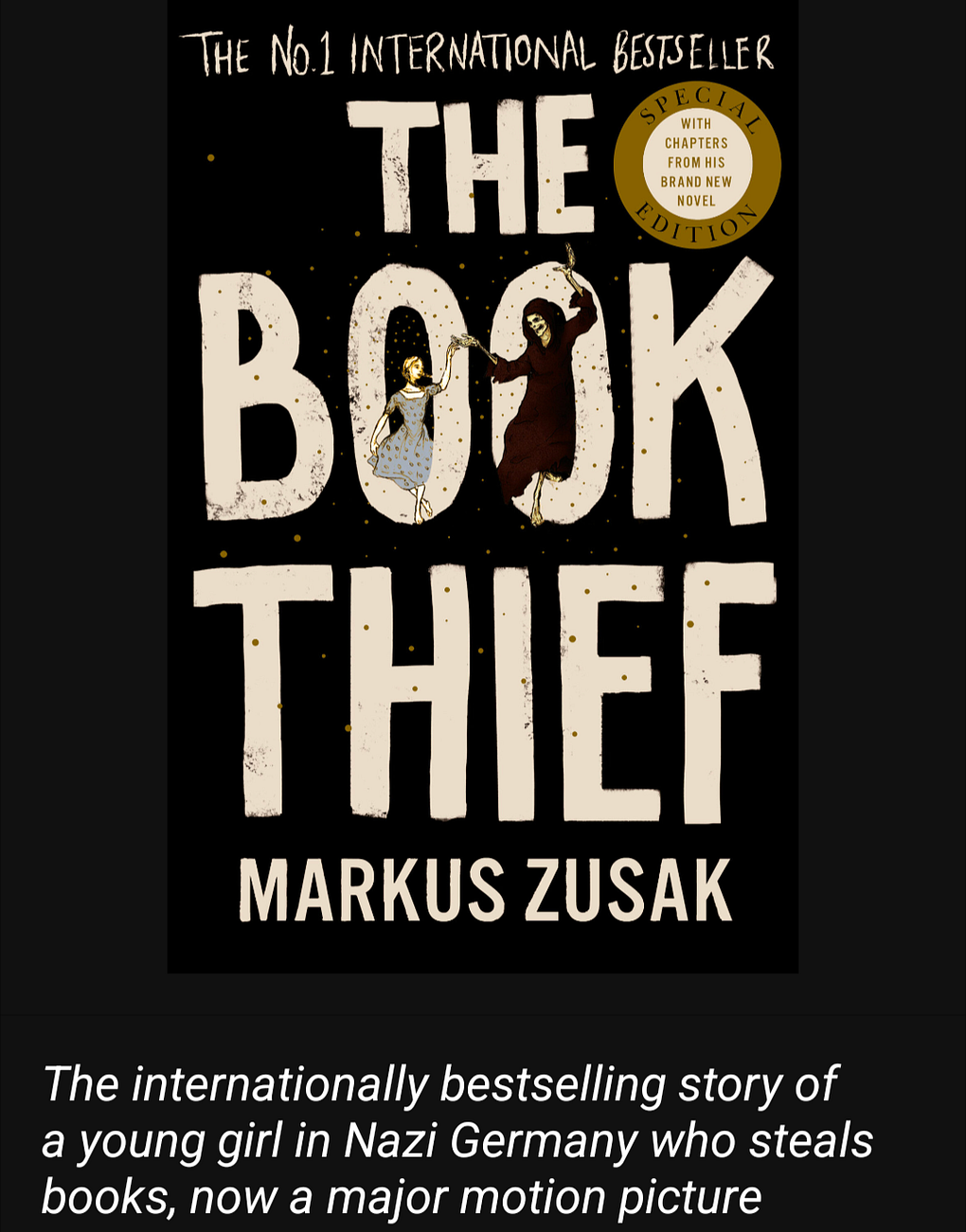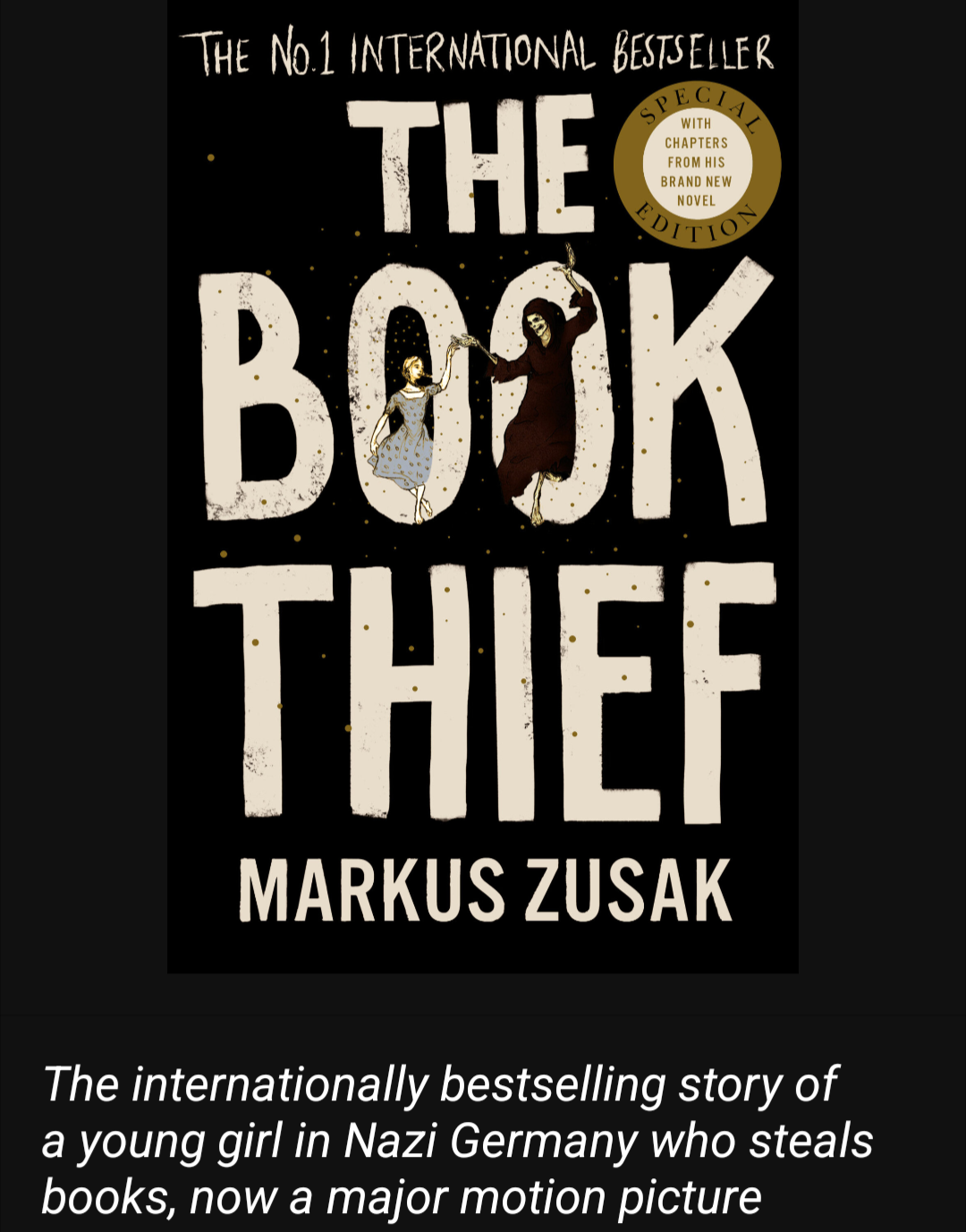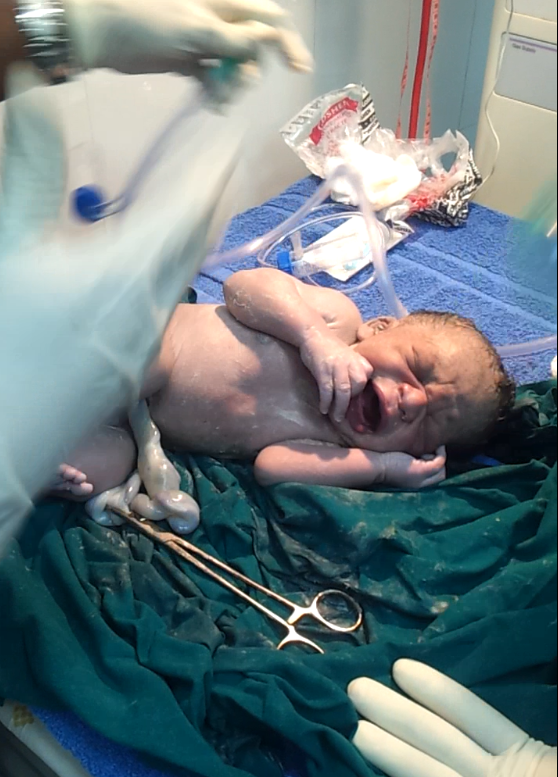“Here is a small fact — you are going to die.”
Thanks to Serendipity, this evening, I sat in a theatre and watched THE BOOK THIEF.
A book which until last week, I wasn’t aware, existed. There I was searching for more audiobooks on the Holocaust when it showed up. I passed it over and settled for another.
Imagine my delight when a few days later, I got a free invite to come see the movie today.

My Review
Written by Australian Markus Zusak, the book is set in Nazi Germany. Its theme revolves around
- the power of words.
- friendship, trust and cruelty
- the ambiguity of human nature
- the indomitable human spirit
Meanwhile, it has a lot of reviews online. Some with detailed spoiler’s alert which made me grateful, I did not see before watching.
Therefore, I recommend you indulge by highlighting these 3 lessons I picked up.
Narration:
The story is narrated by Death with that shocking opening line above. After landing that punch to the jaw, Death introduces us to the protagonist. 9 year old Liesel who is on a train with her mother and younger brother.
Death claims that he always moves about unobtrusively. However, Liesel caught him out on that train when he took her brother’s soul. And that is where his fascination with her begins.
Liesel and her mother alight on the way and bury her brother. Thereafter, they resumed their trip. But not before Liesel steals a book which fell off from the Gravedigger. That would become the first book she steals.
Her father, a communist, had been hauled off to a concentration camp. Her mother fearing a similar fate, tried to set her kids up in a foster home before it happened
The foster parents Hans and Rosa Hubermann are opposites in temperament. While Hans has a childlike soul, Rosa struggles with showing affection. Liesel, rattled by her upended life, falls into depression.
Meanwhile, she is befriended by a neighbour’s son, Rudy Steiner. A perfect prototype of the Aryan model, Hitler espoused, Rudy was also a star athlete. His idol was Jesse Owen, the black American who won 4 gold medals at the 1936 Berlin Olympics. Rudy almost got his family into trouble with his open admiration of a Black icon.
However, due to her inability to read or write, Liesel struggles. She is later taught to read by Hans. And that begins her journey to comprehending
1. The power of words.
Liesel discovers that words can grab attention. Like Hitler, with words you can stoke a fire and incite others. Or as she finds out later, with words you can soothe frayed nerves.
Her words-discovery journey is also helped by the Mayor’s wife, IIsa Hermann, who opens her library to the little girl.
2. Friendship, Trust & Cruelty
IIsa is grossly misunderstood by the villagers as an unfriendly woman. No one realises she is battling depression after her son died in WW1.
Meanwhile, she notices Liesel steal her 2nd book from a government bonfire. And instead of ousting the girl — she chooses to protect her.
In the midst of her own pain, she befriends and mentors the girl. Gave her access to books, helped her work through her emotions and would later take her into her home.
Eventually, Liesel trusts Rudy with a big secret which could get her family in trouble. Rudy though, proves to be a great friend who sticks up for her.
The cruelty of the Nazi party is depicted during the bonfire on Hitler’s birthday. The brutal whisking away of those considered enemies to concentration camps. The Kristallnacht or November pogroms.
In spite of that, we still see
3. The Ambiguity of Human Nature
Depicted by Hans and Rosa when they take in Max Vandenburg. The Jewish son of the teammate who saved Hans life during WW1. Rosa’s soft caring heart peeks through her tough façade.
Also shows in Max being rescued during the the night of the riots by a Nazi friend.
As the hatred raged, we see people who simply insulated themselves. They watched as Life happened to their neighbours and kept out of it. Some, like Alex Steiner, an otherwise good man; still felt slightly pleased. For him as a tailor, with the Jews now removed, he would have more customers. And by extension, that would help better the lives of his family economically.
While for Max, he stepped up to intervene when a neighbour was being hauled off. That act got him conscripted into the Army.
Furthermore, each time there was an air raid, this community evacuated. They fled into a bomb shelter for safety. Yet, the same community stood aloof as their weary neighbours, were marched through the city to concentration camps.
Survivor’s guilt is shown by Max who felt guilty for leaving his mother behind in order to save himself.
This also shows up in Michael, Frau Holtzapfel’s son. He went to war with his brother Robert who died at Stalingrad. He later commits suicide because he cannot live with the guilt of surviving his brother.
Finally, death complains of tiredness as the war has him working overtime. He claims he is grossly misunderstood and haunted by humans. Death makes 2 observations which echoes true;
how humans deal with the weight of grief
and how a human could be both good and bad simultaneously
For me though, a poignant scene in the movie is; Liesel finally kissing Rudy. When it no longer mattered to him.
That singular incident reminds me again of the dilemma of, knowing when to concede to another person.



